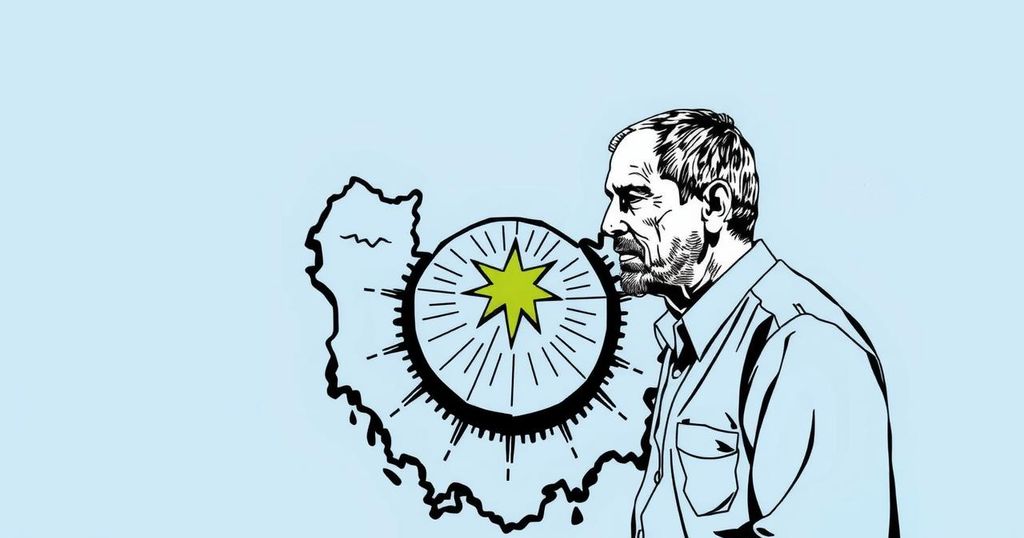Concerns Over Youth Political Apathy in Uruguay’s Elections
Uruguay’s recent presidential elections were marked by lackluster candidates and political apathy among voters. Young people display significant dissatisfaction, with high unemployment and social issues shaping their attitudes towards democracy. As Uruguay approaches a runoff election, the disconnect between candidates and voters raises urgent concerns for the future of the nation’s political landscape.
In this year of significant political contests, Uruguay’s recent presidential election drew little attention due to uninspiring candidates and their lackluster efforts in rallying voters. The absence of a clear winner has resulted in a runoff election, leaving citizens exhausted by unimpressive political rhetoric. Such apathy is unusual for Uruguay, which historically engages in vibrant electoral displays owing to its rich democratic heritage.
Despite the lack of excitement in this election, critical issues loom beneath the surface. A concerning trend among the youth reveals a feeling of neglect, even in a country perceived as a model of economic and social stability. A recent survey indicated that 38 percent of young respondents indicated a willingness to compromise democracy for a government capable of addressing their needs.
Youth unemployment in Uruguay stands at a staggering 26 percent in 2023, surpassing even Argentina’s rate of 18 percent. High school dropout rates remain troubling, along with significant challenges such as food insecurity and high incarceration rates among younger demographics. The repercussions of the Covid-19 pandemic have exacerbated mental health crisis situations, leading to high suicide rates among young individuals.
Political disillusionment is evident, not only among the youth but also among older generations, who express dissatisfaction with government management of childhood poverty, inflation, and corruption. Rising crime has also been a point of contention. Although inflation has moderated, the net public debt continues to rise alongside corruption scandals within the current administration.
Engaging with undecided young voters has revealed a pronounced disconnect, with candidates presenting in the runoff perceived as out of touch with societal realities. Such sentiments demand immediate attention as Uruguay navigates through these complex political terrains during a critical electoral period.
Uruguay’s political history is marked by vibrant elections characterized by enthusiastic voter engagement and spirited debates. However, the current election season has taken a subdued turn, with less enthusiasm resulting in lackluster participation and political apathy. This change raises alarms regarding the political engagement of young people, particularly as various socio-economic factors contribute to their dissatisfaction. The juxtaposition of this political calm against the backdrop of historical political fervor deepens the concern surrounding the next steps for democracy in Uruguay.
The current political climate in Uruguay underscores a significant disconnect between the electorate and its potential leaders. As young voters express disillusionment amidst high unemployment and social issues, it poses an urgent challenge to uphold the democratic values that have defined Uruguay. The upcoming runoff elections will require candidates to address these deep-seated concerns to re-engage citizens effectively, especially the youth. Through acknowledging the needs of all demographics, Uruguay can strive to maintain its democratic integrity and stability.
Original Source: www.nytimes.com




Post Comment